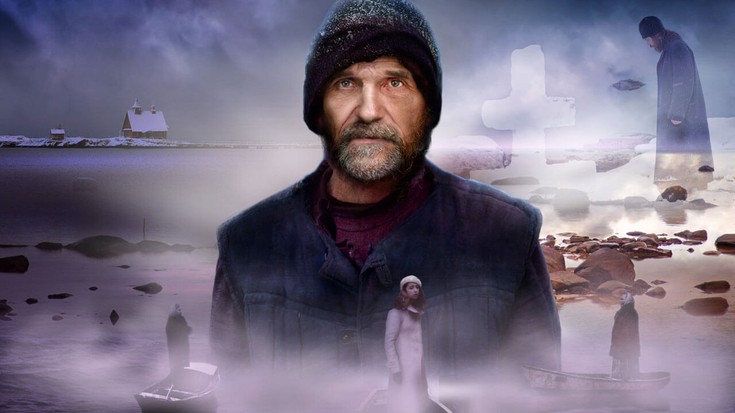
Faith and Redemption in “The Island” (2006)
mashupch
- 0
mashupch.com – “The Island” (2006), directed by Pavel Lungin, is a contemplative Russian drama that explores profound themes of faith, guilt, and redemption. Set in a remote monastery in Northern Russia, the film tells the story of a monk named Anatoly, whose mysterious past haunts him as he seeks spiritual solace. This cinematic work invites audiences to reflect on the complexities of human morality and the path to inner peace.
Plot Overview
The narrative unfolds in a secluded Orthodox monastery where Father Anatoly lives a life of ascetic devotion. Despite his humble existence, he is burdened by a secret from his past: during World War II, Anatoly was coerced into committing an act of betrayal that led to a comrade’s death. Haunted by guilt, he devotes himself to a life of penance and service, becoming known for his profound spiritual wisdom and miraculous healings. As pilgrims seek his guidance, Anatoly’s journey toward redemption becomes a testament to the power of forgiveness and divine grace.
Themes and Symbolism
“The Island” is rich with spiritual symbolism and explores deep philosophical questions about sin, repentance, and redemption. The film delves into the Orthodox Christian tradition, presenting a narrative that is both a personal journey and a universal exploration of faith. Themes of isolation, sacrifice, and spiritual awakening are intricately woven into the story, inviting viewers to ponder the nature of true repentance and the possibility of redemption.
Cinematic Style
Lungin employs a stark, minimalist style that mirrors the film’s spiritual themes. The cinematography captures the serene yet harsh beauty of the Russian landscape, creating a visual metaphor for Anatoly’s internal struggle. The film’s use of natural light and shadow enhances its meditative quality, drawing audiences into a world where silence speaks volumes and every gesture is imbued with meaning.
Reception and Impact
“The Island” received critical acclaim upon its release, praised for its profound storytelling and powerful performances. Pyotr Mamonov’s portrayal of Father Anatoly is particularly noteworthy, earning accolades for its depth and authenticity. The film resonated with audiences in Russia and beyond, offering a rare glimpse into the spiritual and philosophical dimensions of Russian Orthodox faith. It has since become a significant work in modern Russian cinema, celebrated for its exploration of timeless themes.
Conclusion
“The Island” (2006) is a cinematic meditation on the human soul’s quest for peace and redemption. Through its evocative narrative and spiritual depth, the film challenges viewers to reflect on their own beliefs and the transformative power of forgiveness. Pavel Lungin’s masterpiece remains a poignant exploration of faith, offering a cinematic experience that transcends cultural and religious boundaries.


